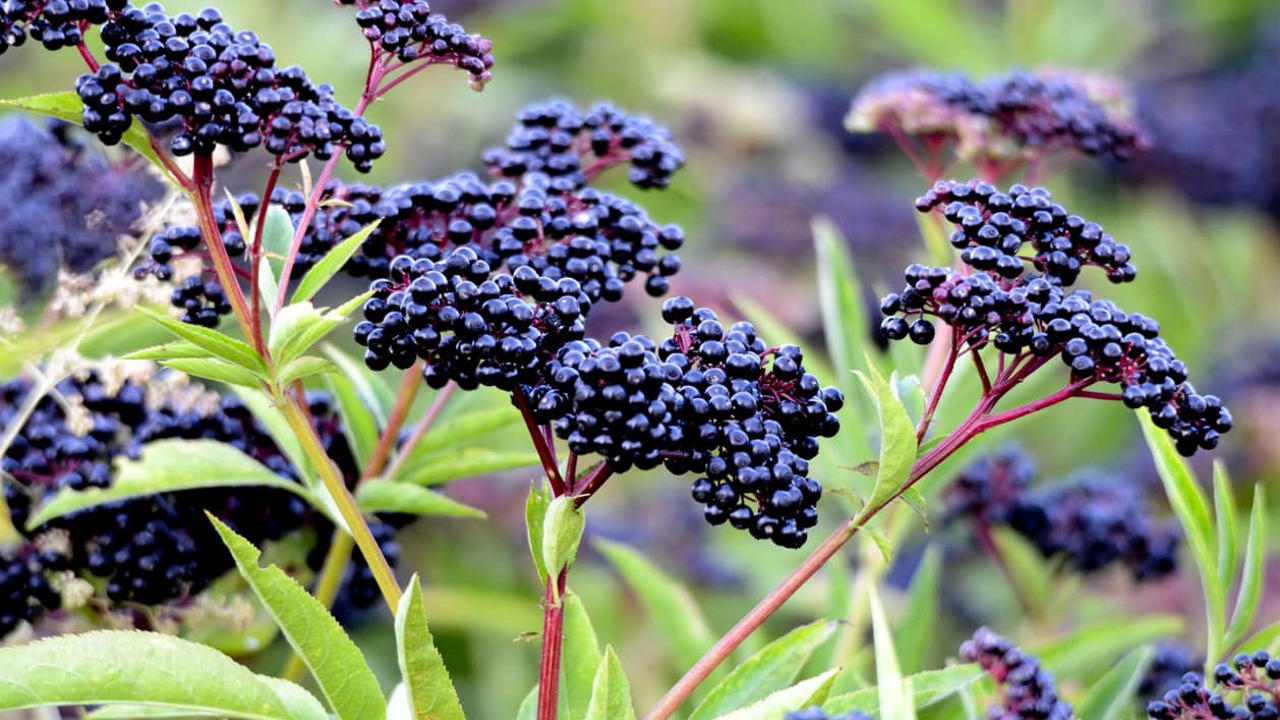What are the symptoms?
Elderberries (Sambucus nigra) are natural immunity boosters packed with antioxidants and other essential vitamins and minerals, making them popular treatments for colds and flus. Furthermore, studies have also demonstrated their efficacy against cancer cells as an immune booster supplement. Elderberries provide vitamin C along with other essential amino acids.
Elderberries contain flavonoids with anti-inflammatory, antiviral, and anti-tumor properties. Furthermore, elderberries have also been proven to have antioxidant effects which counteract LDL oxidation by decreasing its adhesion to blood vessel walls – potentially decreasing cardiovascular disease risk. Furthermore, elderberries may help lower viral infection risks, including influenza (the flu) infection as evidenced in clinical trials.
Elderberry has long been used as an herbal remedy, and now widely available as a dietary supplement. Elderberry should generally be safe when taken as directed for short periods. However, some individuals have experienced side effects including hives, difficulty breathing, swelling of face lips tongue or throat as well as blood sugar level decrease. If any adverse reactions arise after using elderberry please inform your healthcare provider immediately.
What is the risk?
Elderberry has long been used medicinally since Hippocrates first used its berries as natural treatments for cold and flu symptoms, and as an herbal supplement. Unfortunately, as with other herbal products there is no regulated manufacturing process in place, so there may be contaminants such as heavy metals present.
At the core of this study was testing patients with summer hayfever for sensitization to elderberry (Sambucus nigra). Sera from these patients were subjected to skin prick testing and RAST to determine IgE reactivity to extracts of pollen, flowers, and berries; immunoblotting and inhibition studies helped us isolate a 33.2kDa allergen that showed homology with ribosomal inactivating proteins which suggested they may be responsible for observed symptoms; N-terminal sequencing also confirmed acetylcholinesterase binding sites on its N-terminal sequence analysis results.
How do I know if I am allergic?
Elderberries, also known as Sambucus Nigra trees, can be used medicinally. As a dietary supplement they may help relieve cold and flu symptoms as well as alleviate sore throat discomfort.
Elderberry may cause diarrhea in some individuals as it acts as a natural laxative and promotes bowel movement. Elderberry can also lead to nausea. To ensure optimal results with taking elderberry supplements, it’s essential that plenty of water be consumed each time; doing this will prevent dehydration and keep bowels hydrated.
Headaches can also result from taking diuretics like caffeine. When taken, caffeine acts as a diuretic, prompting more frequent urination which in turn flushes away electrolytes like sodium and potassium that support nerve and muscle function – losing these could result in headaches for some individuals.
Elderberry can interact with certain medications due to its content of oxalates, which bind calcium ions and make absorption difficult in some people, potentially leading to kidney stones in some. Therefore, if you are taking any medication it is advised that you consult your physician prior to consuming elderberry as this could have serious ramifications on its intake.
If you have an allergy to elderberry, it is wise to avoid it entirely. Elderberries have been linked with various symptoms including hives, difficulty breathing and swelling of the face, lips, tongue and throat – any time these occur seek emergency medical assistance immediately.
Elderberry (Sambucol) is a nutritional supplement often taken at the first sign of cold or flu symptoms to relieve them quickly and effectively. To ensure safety, take only recommended amounts; do not combine different forms at once as this increases your risk of overdosing; also do not exceed recommended elderberry dosage for prolonged periods; as directed by manufacturer instructions on product labels or by your healthcare provider.
What should I do if I am allergic?
Patients suffering seasonal hayfever may develop allergic reactions to the flowers and berries of Sambucus nigra elderberry, leading to respiratory symptoms. IgE antibodies were detected against pollen samples obtained via skin prick test or RAST analysis; one-dimensional electrophoresis/immunoblotting identified the predominant allergen. Pre-incubating serum samples with extracts of those plants helped eliminate cross-reactivity with allergens found elsewhere; mass spectrometry confirmed its N-terminal sequence sequence for further validation.
Elderberry syrup crafted from dark-hued berries instead of bark or flowers can be an effective remedy for allergies, with particular effectiveness against inflammation. Furthermore, it’s high in antioxidants and vitamin C content making it an excellent immune system bolster.
Sambucol elderberry syrup should only be taken according to its label instructions or on medical advice from your healthcare provider. Avoid taking other herbal/health supplements at the same time without consulting first with them first. Seek emergency medical help immediately if signs of an allergic reaction to elderberries arise, such as hives; difficulty breathing; facial, lip, tongue or throat swelling and so on. Consult your physician first if pregnant or breastfeeding before using Sambucol products.


